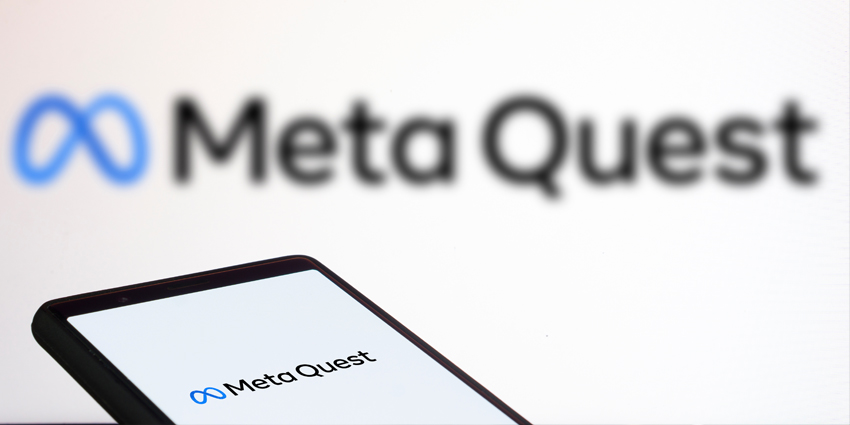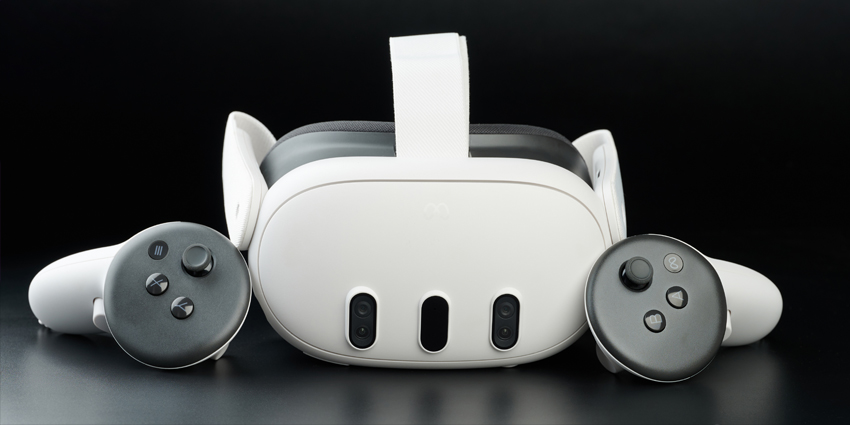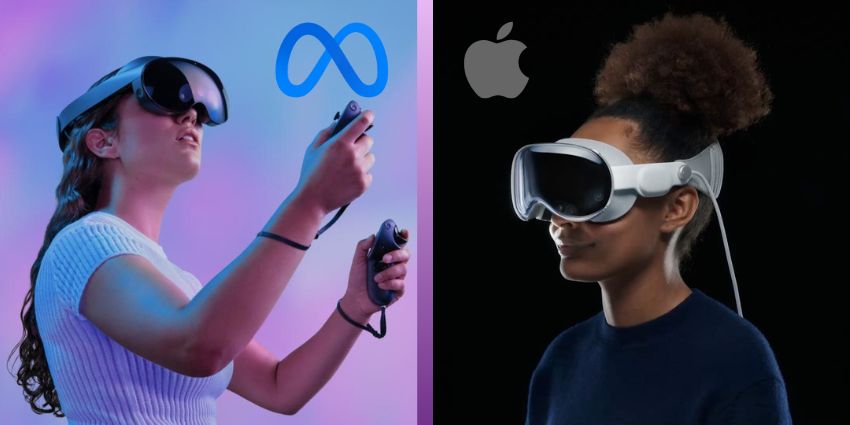This Monday, the popular real-time 3D (RT3D) engine Unity completed its merger with Ironsource to introduce tools for mobile platform developers to track core user metrics that enhance eCommerce opportunities.
The move gives Unity platform developers new tools to build, publish, operate, and monetize mobile gaming content, including immersive applications like augmented reality (AR) services. Additionally, the merger helps developers grow their applications across various channels and devices. The IronSource tools also let developers view real-world player and market feedback during the design process.
Unity has merged with @ironSource. We’re excited because together we offer better tools to support devs through the entire development lifecycle as they build, run, and grow immersive, real-time games and 3D experiences. Read the blog for more details.
https://t.co/MKlKzmi5SM— Unity (@unity) November 7, 2022
The IronSouce merger integrates the platform’s user experience and business possibilities into the Unity suite. The move also transferred elements of IronSource’s toolkit, which accounts for roughly 3 billion monthly active users, into Unity Ads to promote the monetization of RT3D creations. Unity’s merger provides scalability and data benefits that increase a publisher’s return on investment and ad spending, according to the RT3D engine provider.
IronSource is also integrating its sister solution, SuperSonic, into the Unity engine, allowing platform developers to publish monetized immersive experiences without leaving the RT3D engine.
Unity’s RT3D engine is a free-to-use tool that utilizes various third-party plug-ins to create interactive experiences, including gaming, immersive training, and learning applications. Additionally, Unity is scaling its solution, competing against other solutions, such as Unreal Engine 5 (UE5), by integrating tools from partner RT3D firms. Since 2021, Unity has acquired Ziva Dynamics, Parsec, SyncSketch, and Wētā Digital.
Addressing Concerns
Despite Unity’s good intentions, the merger initially drew criticisms in July from its creator community, stemming from IronSource’s history of malware accusations. Furthermore, Unity’s audience expressed concern over the platform’s refocus away from traditional game development.
At the time, the CEO of Unity, John Riccitiello, expressed frustration with concerned developers. Additionally, a company representative said that Unity supports its developer community, saying how the merger introduces tools and services for building and scaling robust applications successfully.
Now that Unity has completed its merger, the firm is addressing developer concerns directly. The firm’s announcement blog noted that it would remain focused on game design while distributing tools for creators to transform their projects into sustainable business ventures.
Unity also addressed concerns over the platform’s transition towards mobile application development. As part of the announcement, Unity confirmed its continued dedication and support for gaming experiences on consoles and extended reality (XR) devices.
Although Unity explained that the IronSource merger notably benefits mobile application developers, IronSource’s integrated toolkit gives mobile developers tools to leverage advertising and in-app purchases to gain capital and raise awareness for upcoming projects.







